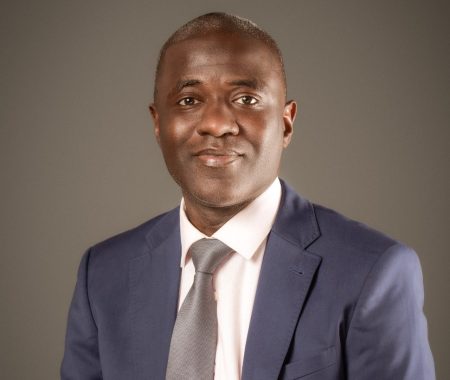The Bureau of Corrections and Rehabilitation (BCR) in Liberia is advocating for an autonomous status similar to that of other law enforcement agencies such as the Liberia National Police (LNP). This initiative, led by the Acting Superintendent of Monrovia Central Prison, Joel Justin Juah, emphasizes the need for greater autonomy to enhance prison reform and improve community policing relations. The BCR is a fundamental part of Liberia’s criminal justice system, which consists of three primary administrative divisions: the BCR, Bureau of Probation, and Board of Parole, all of which are currently managed under the Ministry of Justice. The push for autonomy stems from a broader need to reform the corrections system in Liberia, ensuring a more effective approach to rehabilitation and community safety.
In support of this initiative, the United Nations Development Programme (UNDP) Liberia facilitated a two-day review and validation of the Corrections Service Act in April 2022, aiming to establish the BCR as a semi-autonomous entity functioning as the National Corrections and Rehabilitation Service. This proposed status would empower the BCR to generate its own funds, thereby reducing reliance on the national budget and allowing for improved facilities and training for inmates. The draft Act has been finalized and validated by the Ministry of Justice; however, it still awaits passage by the Liberian Senate. This delay has hindered the BCR’s efforts to enhance its operations and fulfill its mission of effective rehabilitation.
During a recent event organized by The Rescue Alternative Liberia and the National Endowment for Democracy, Superintendent Juah made a strong case for the urgent passage of the Act. He emphasized the critical need for civil society groups to advocate on behalf of the BCR, urging them to put pressure on the Senate, particularly the chair of the House Committee on Security. Juah highlighted that if the BCR remains under its current restrictions, it might struggle to fulfill its mandate of transforming the lives of inmates, which is vital for reducing recidivism and enhancing public safety. The challenge is profound; without the ability to implement programs and initiatives that directly address inmate rehabilitation, the system risks failing those it seeks to reform.
The proposed changes under the new Act highlight a significant shift in Liberia’s approach to corrections and rehabilitation. By granting the BCR the ability to raise funds independently, the agency would be better equipped to offer vocational training and other rehabilitation programs. Juah articulated a vision where successful inmate rehabilitation would significantly impact community safety and reduce the likelihood of reoffending. He expressed eagerness for broad support from civil society, noting that substantial improvements in the prison system could be observed once the BCR is empowered to operate autonomously. Such developments could lead to a reevaluation of how prisons are perceived and function within the larger criminal justice framework of Liberia.
While the push for the BCR’s autonomy is promising, it is crucial to acknowledge the broader context of prison reform in Liberia. The state of the prison system has long been a concern, marked by overcrowding and inadequate facilities, which poses challenges not only to inmate welfare but also to overall public safety. Reforming the BCR is part of larger efforts needed to address systemic issues in the criminal justice system. The proposed changes aim not just to improve prison conditions but also to foster a rehabilitative culture that benefits individuals, families, and communities across Liberia.
Finally, Juah’s appeal reflects a growing recognition of the interconnectedness of corrections with community safety and social rehabilitation. By aligning the BCR’s mission with international best practices in corrections, Liberia can work towards a more progressive and effective justice system. The journey towards establishing the BCR as a semi-autonomous entity signifies an essential step in transforming the landscape of corrections in Liberia, ultimately leading to a safer society that emphasizes rehabilitation over mere punishment. The successful passage of the Corrections Service Act could mark a critical turning point in Liberia’s ongoing efforts to enhance its criminal justice framework and improve the lives of those affected by the system.




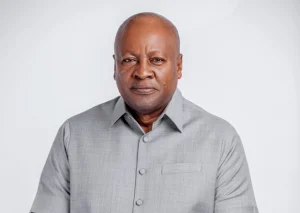
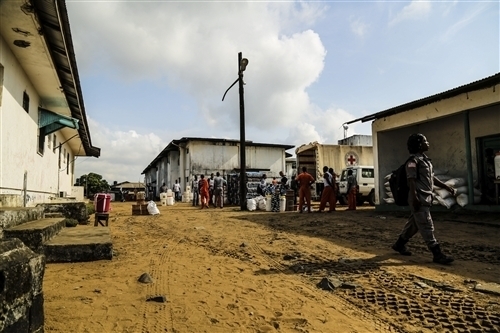

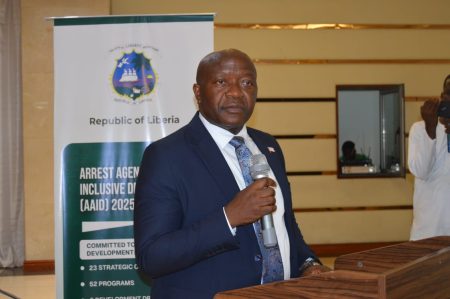
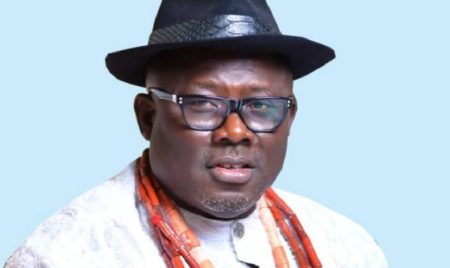

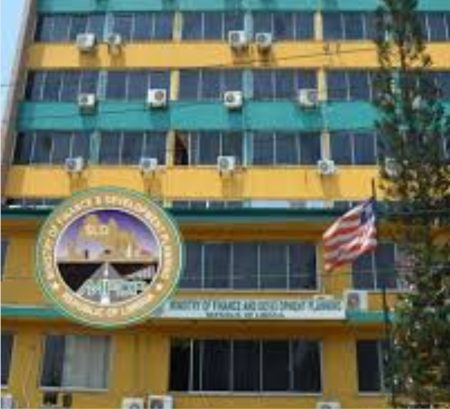


![U.S. Embassy Addresses Governance Reform in [Country/Location]](https://westafrican.news/wp-content/uploads/2025/09/L-R-Justice-Minister-Cllr.-Tweah-and-US-Charge-dAffaires-Zadrozny.png)
